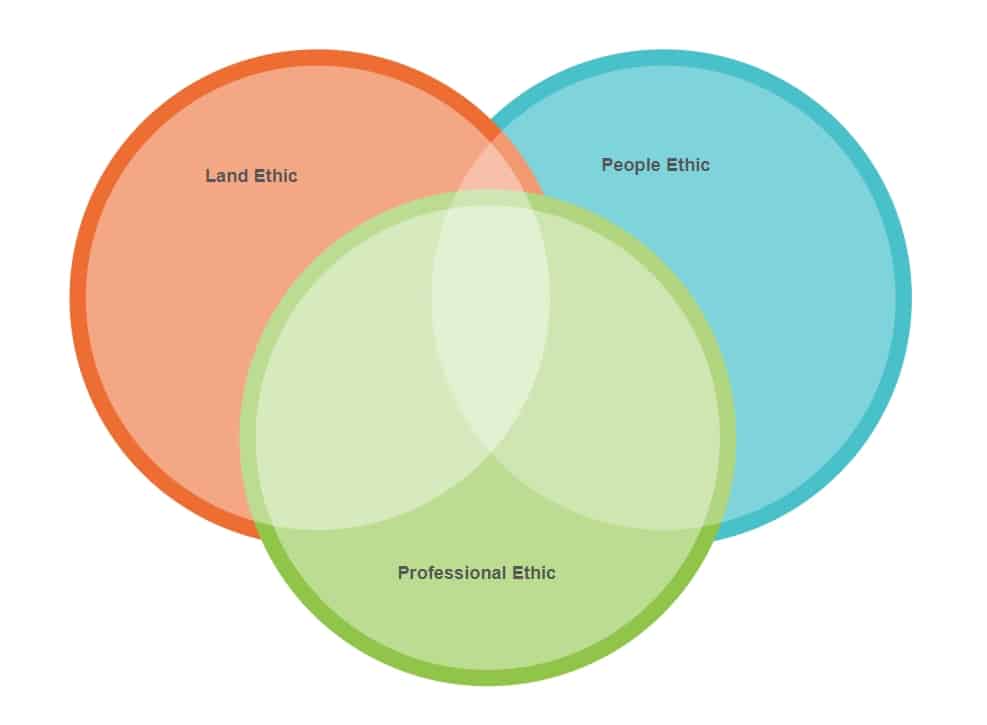While on the timely topic of Administration transitions, we were remembering Chief Jack Ward Thomas, and as I said yesterday, I ran across this classic speech he gave in 1992, an Albright lecture at Berkeley.
This call by JWT provides a nice lead-in to our soon-to-be discussion of The Battle for Yellowstone: Morality and the Sacred Roots of Environmental Conflict by Justin Farrell (note: any book links I use from now on will be affiliated with Amazon. I’m not affirming Amazon in any way, nor encouraging you to buy from them, but if you do buy from them, The Smokey Wire will get something. I hear this is a thing nowadays.).
JWT again..
Our society, at long last, seems to be moving toward the implementation of a land ethic. Leopold (1949:224-225) suggested an ethic in which:
“…a thing is right when it tends to preserve the integrity, stability, and beauty of the biotic community. It is wrong when it tends otherwise.”
The land ethic is still emerging (Linnartz et at. 1991). Such an ethic must be developed and applied with Clawson’s question of, “forests, for whom and for what?” ringing in our ears.
The most vexing of the problems to be faced in developing a useful ethic will be linking all that is implied in the “forests-for-whom-and-for-what” question with the biological capabilities of the land in determining forest policy and management.
The evolving ethic, a human concept after all, must include the needs and desires of people. That implies the provision of goods, products, and services from the land in addition to requirements for the retention of the integrity, stability, and beauty of the biotic community. Leopold’s vision of what such an ethic might entail must be expanded to account for conserving biodiversity, attention to economic stability, preservation of productivity, and sustainable provision of good and services – simultaneously.
That seems a tall order, but we are further down that trail – intellectually, ethically and technically – than ever before. And, the path not yet taken stretches ahead.
(my bold).
And yet, here we still are, with the path apparently still not taken. Or it it there and the entrance is overgrown?
Thirtyish years later, I (recently) received an email from the Yale Forest School.
“Our School was originally founded in 1900 as The Yale Forest School, during the time when the American conservation movement began. The land ethics of founding individuals, such as Gifford Pinchot and Aldo Leopold, have been core to the School ever since. In what ways do you think their land ethics are or are not relevant in today’s environmental space? Moving into the future, how would you like The Forest School to approach and embody these and/or other land ethics?”
Here’s the beginning of my answer:
I see three sets of ethics involved in what The Forest School students might learn.
(1) Traditional, old-fangled people ethics- for many, this comes out of a religious or spiritual background. AKA How we treat people. Ideas like social justice, equity, subsidiarity, attention to indigenous/local people, and so on.
(2) Land ethic such as articulated by Leopold. AKA How we treat the land. (But there is also the broader environmental ethic, including animal rights and so on, that are found in a standard environmental ethics class.)
(3) Professional and scientific ethics. AKA How we behave at work.
What we seem to be missing is a vocabulary for discussing these different kinds of ethics, and the cultures and history that influence them, at the same time. And how social and biological sciences might be relevant. Chief Thomas pointed out the need and I don’t think we’ve actually done it. Maybe someone has already figured this out (please link to other efforts); if not we’ll have to tackle it ourselves. Justin Farrell’s book give us some clues and vocabulary and may help point the way. More tomorrow.
